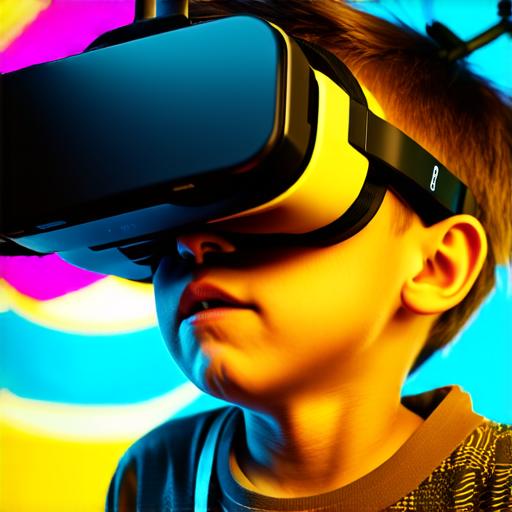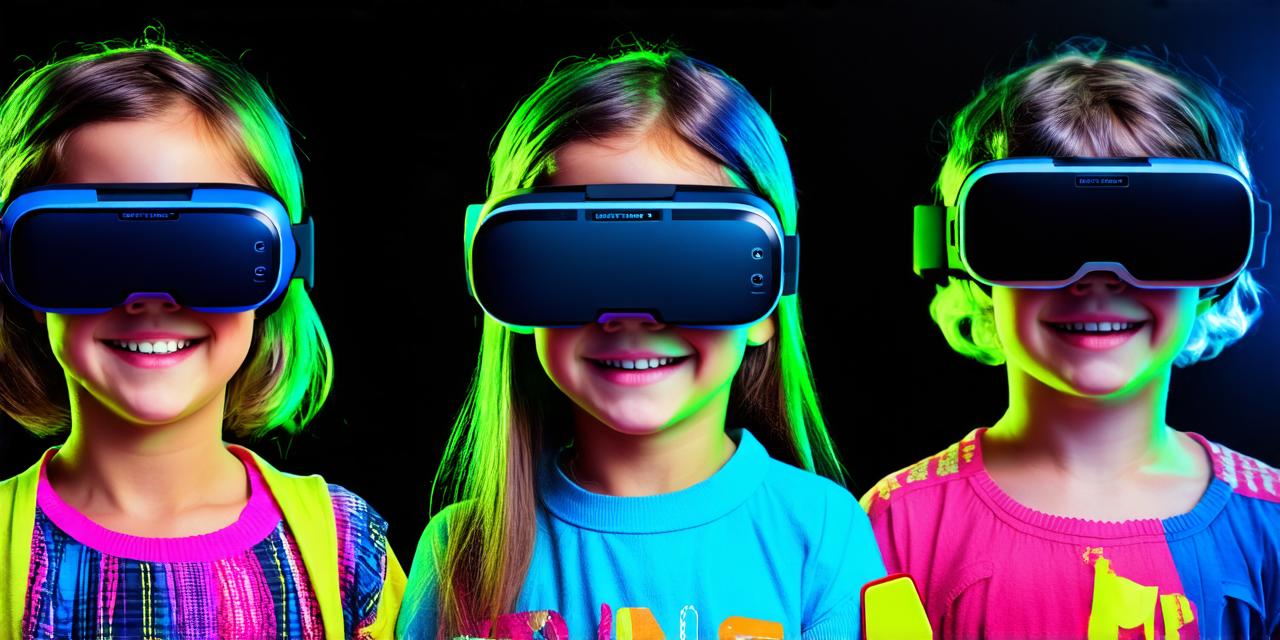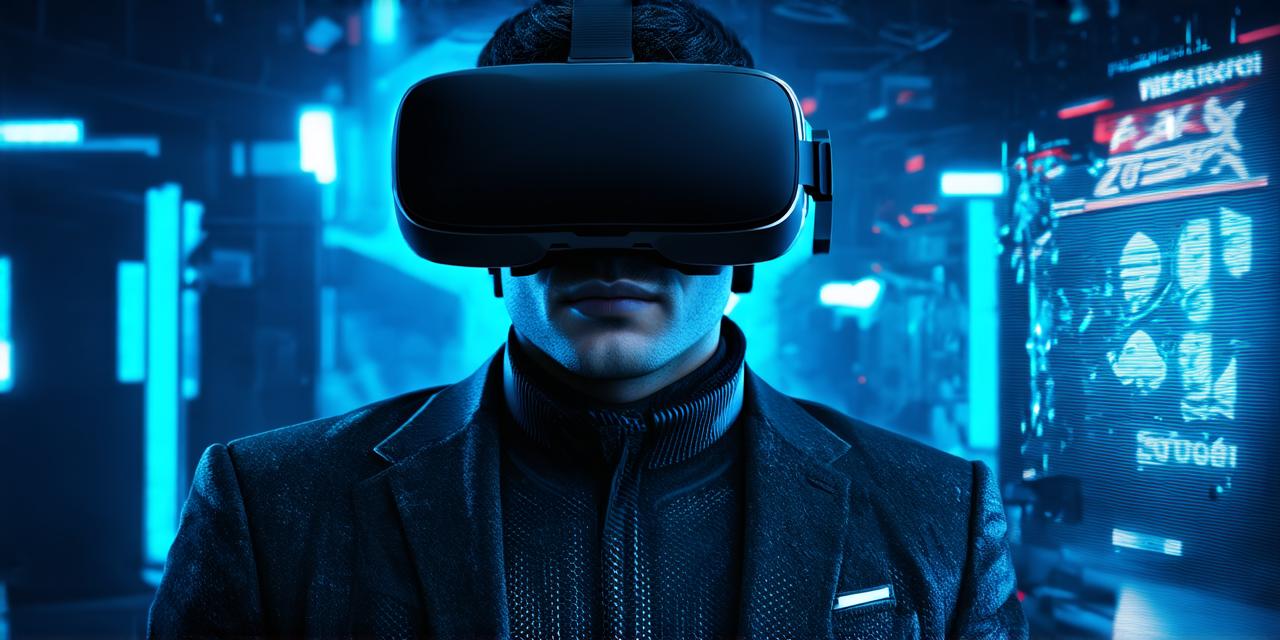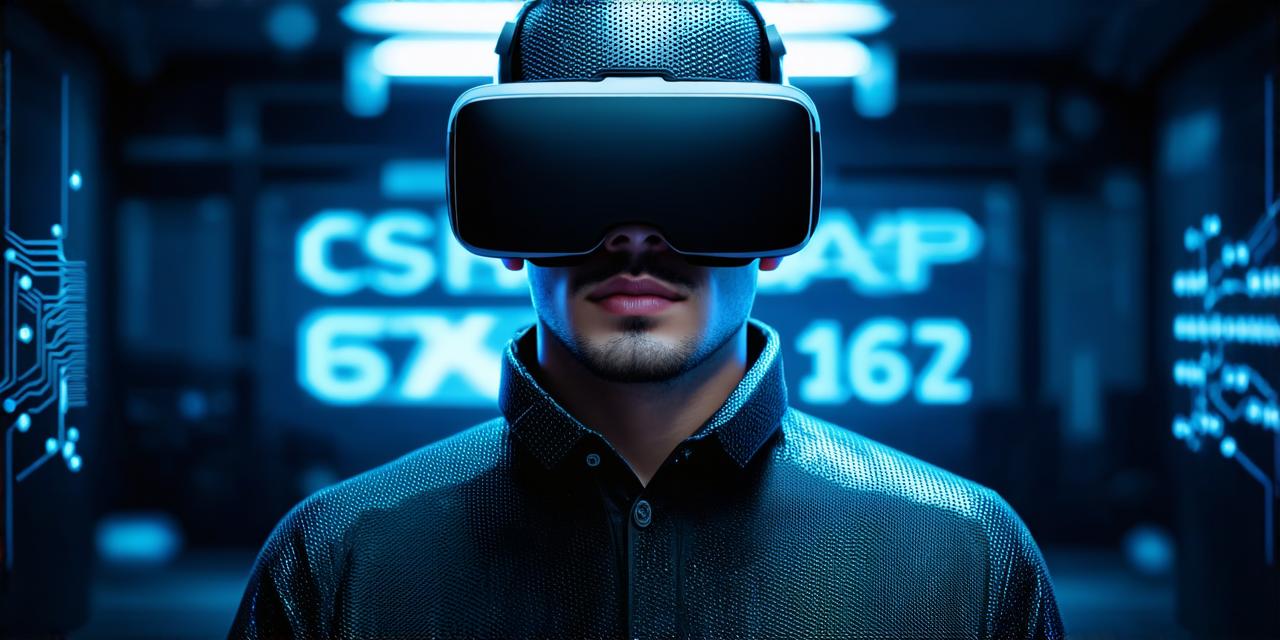Virtual Reality (VR) Technology and Children Under 12
Virtual Reality (VR) technology has come a long way in recent years, offering immersive experiences that can transport users into different worlds. However, despite its potential benefits, VR is not recommended for children under the age of 12 for several reasons.
Physical Health Concerns
One of the main concerns about VR for young children is the potential negative impact on their physical health. VR technology often involves prolonged periods of sitting or standing, which can lead to fatigue, eye strain, and other health issues. Additionally, some VR experiences may cause motion sickness or dizziness, which can be particularly dangerous for young children who are still developing their balance and coordination.
Mental Health Concerns
Another concern about VR for young children is the potential negative impact on their mental health. Research has shown that exposure to violent or aggressive content in video games or other forms of media can lead to increased aggression, depression, and anxiety in children. While VR technology is generally considered more immersive and engaging than traditional video games, it still presents similar risks if children are exposed to inappropriate or harmful content.
Developmental Concerns
Finally, VR technology may not be suitable for young children because of the potential impact on their development. While some studies suggest that VR can enhance certain cognitive skills such as problem-solving and spatial awareness, other research has found that excessive screen time can have negative effects on children’s social and emotional development. Additionally, VR experiences may be too complex or abstract for young children to fully understand, which could lead to frustration or disinterest.
Alternatives to VR for Young Children
While VR technology offers many potential benefits, parents and educators should consider alternative forms of entertainment and education that are more suitable for young children. For example, outdoor activities such as sports, hiking, and nature walks can provide children with physical exercise and fresh air while also promoting socialization and cognitive development. Additionally, educational toys and games, such as puzzles, board games, and books, can be just as engaging and effective at teaching children new skills without the risks associated with VR technology.

Summary
In conclusion, while virtual reality technology has many potential benefits, it is not recommended for children under the age of 12 due to concerns about physical health, mental health, and development. Parents and educators should consider alternative forms of entertainment and education that are more suitable for young children, and should monitor their use of technology carefully to ensure their safety and well-being.


